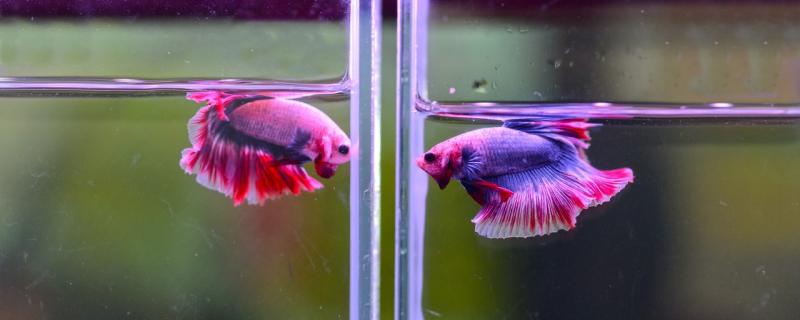 1. How to raise Thai betta fry
1. How to raise Thai betta fry 1. Water temperature: Thai betta is tropical fish and likes higher water temperature. Especially the newly born fry have higher requirements for the environment. When raising small fry artificially, it is best to control the water temperature above 24 ℃, so that they can grow better. If conditions permit, it is best to install a heating rod to keep the water temperature in a stable range.
2. Water quality: Thai betta fish do not require high water quality. They can live in weak acid and weak alkaline water. However, newborn Thai betta fish are sensitive to fluctuations in water quality, and breeders need to keep the water quality stable so that they can live normally.
3. Water change: The pollution of Thai betta fry to water quality is not serious, and the frequency of water change by breeders does not need to be too high. Change the water once a week, and the amount of water change each time should be controlled at one third of the total amount of water.
2. How to feed Thai betta fryThai betta fry can not eat much food because of their small size and weak digestion ability. Breeders can only feed them some digestible and nutritious food. Foods suitable for Thai betta fry include abundant shrimp eggs, cooked egg yolk, backwater, paramecium and so on. Some pellet feed can also be fed, but before feeding, it needs to be crushed before feeding.
To feed Thai betta fish, it is necessary to follow a small number of feeding methods, 2-3 times a day, and the amount of each feeding can be eaten within 3-5 minutes.